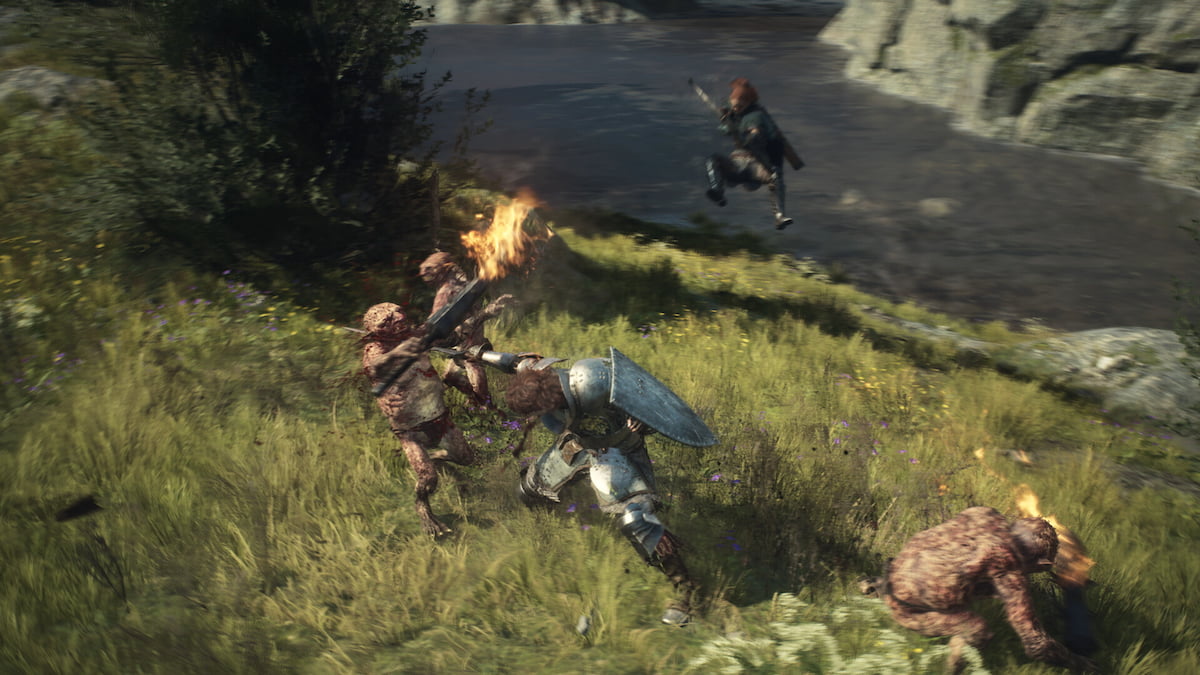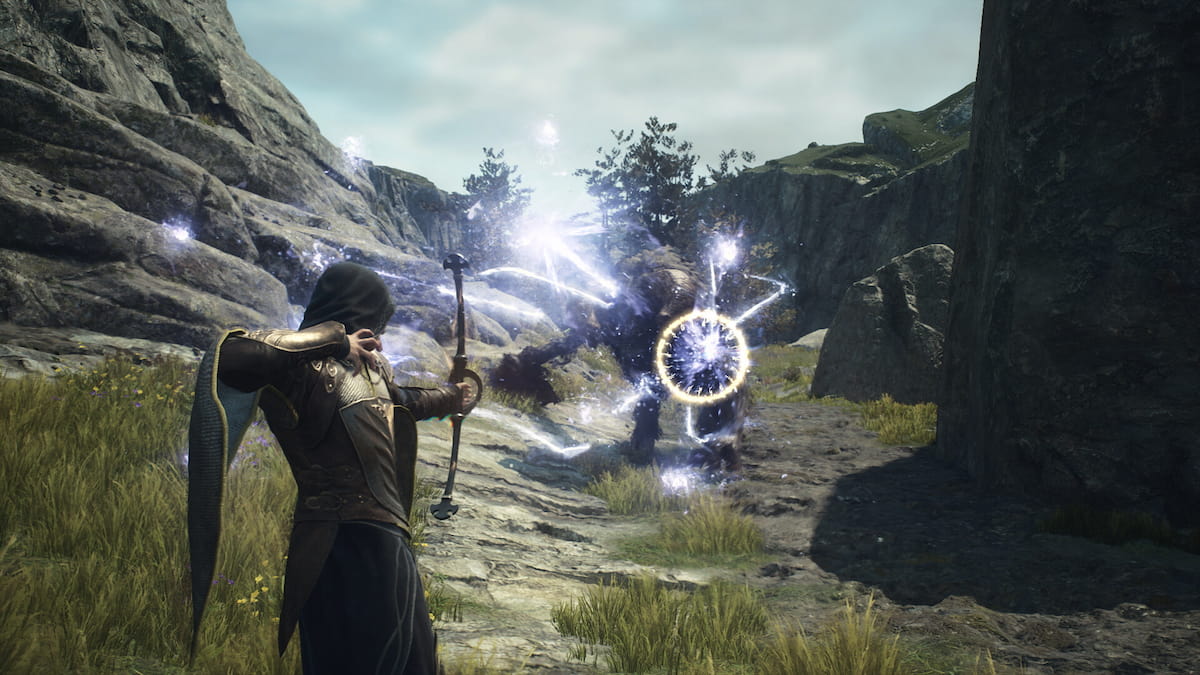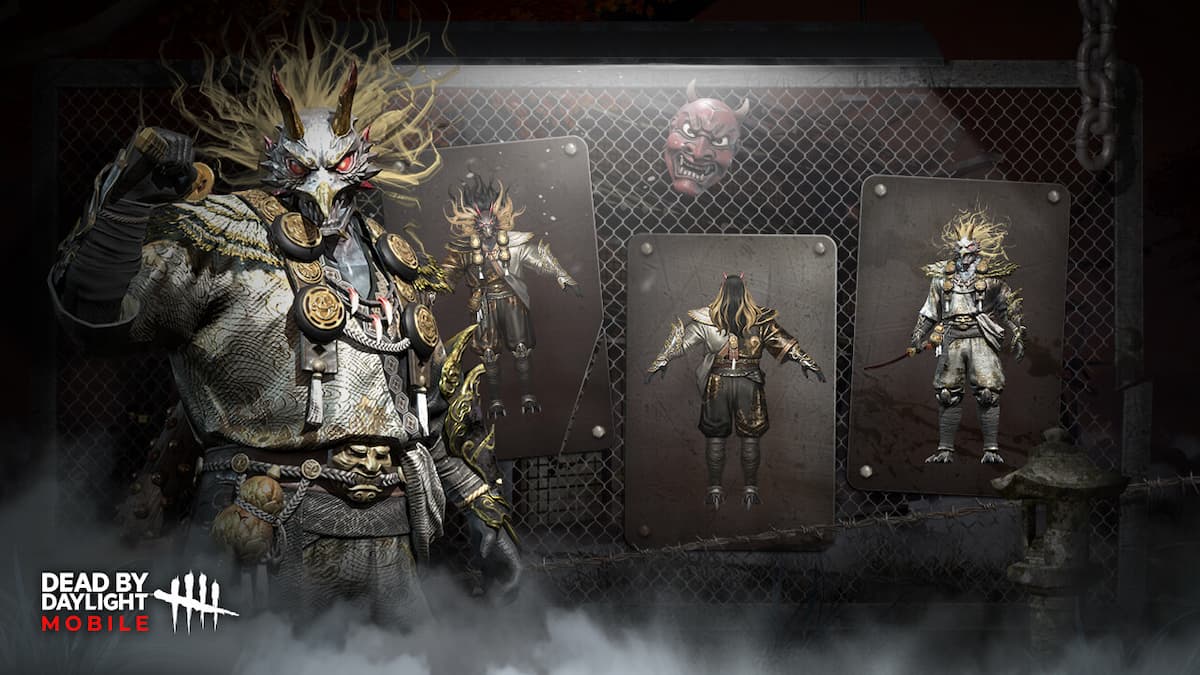There are 10 unique Vocations to choose from in Dragon’s Dogma 2. In this article, I’ll list and discuss them all as well as tell you how to unlock them and even recommend some for your playthrough based on playstyles. Here are all Vocations in Dragon’s Dogma 2.
Vocation and Class is a term used interchangeably to represent your specific set of skills and playstyle in combat. They determine both what weapons you can wield and what abilities you can unlock to create a unique build.
All Dragon’s Dogma 2 Vocations
There are 10 Vocations split across three categories with the Basic ones you start with and then Advanced or Hybrid ones you’ll unlock through progression. More on that later. For now, let’s list and briefly describe each Vocation in Dragon’s Dogma 2.
Basic Vocations in Dragon’s Dogma 2

Basic Vocations are your starting classes and they include:
- Fighter: A tanky melee playstyle focusing on defensive abilities and swords and board weapon load-outs. Besides various ways to deal damage in melee, their skill set also includes utility abilities like Provocation to draw aggro, Blink Strike to charge the enemy, or Shield Bash to knock targets prone.
- Archer: Focuses on long-range combat using bows. Their abilities include skills like Barrage Shot for quick and numerous shots on a single target, Sweep Shot for an AOE volley, or various crowd-control skills that debuff enemies like the restraining Tarring Shot.
- Mage: A staff-wielding caster with magical abilities that damage foes and heal/buff allies. They have a vast array of skills from the flexible Magick Bolt that deals damage in various ways based on elemental enchantments to various Elemental Boons that infuse ally weapons with special effects. I should also point out that the more advanced and powerful the spell, the longer the casting time.
- Thief: A highly mobile melee skirmisher using daggers that is excellent at engaging foes undetected. Some of their skills include Smoke Screen which is an AOE blind, Twin Fangs which is a deadly melee assassination ability, and Helm Splitter which is a death-from-above attack perfect for repositioning.
Advanced Vocations in Dragon’s Dogma 2
Advanced Vocations are more complex and usually more powerful Vocations that evolve from Basic ones:
- Warrior: Melee brutes that focus on perfectly-timed two-handed weapon attacks and have some of the most powerful melee skills in the game. From Mighty Sweep which deals AOE damage in melee to Stonesplitter that’s a powerful execution attack that hits multiple times if timed correctly, you’ll be a beast on the battlefield.
- Sorcerer: These archmages focus on powerful Archstaffs while deploying massive AOE spells like the explosive lightning damage Thundermine and Salamander which summons slithering flames across the battlefield. They’re essentially advanced and more powerful versions of Mages.
- Wayfarer: Tactical masters of the battlefield, Wayfarers can use all weapons and learn any skill from any class allowing you to become the ultimate jack-of-all-trades.

How to Unlock Advanced Vocations in Dragon’s Dogma 2
Unlike in the original game where you have to reach level 10 before you unlock Advanced Vocations, in Dragon’s Dogma 2 you unlock them through quests. This quest-based system for unlocking Vocations is all about finding Vocation Guilds in the different towns you visit.
They’ll give you quests to find specific weapons in order to unlock new Advanced Vocations. For example, to unlock the Warrior and the Sorcerer you’ll need to complete a Vocation Guild quest and find the Greatsword and Archstaff. That’s why I would highly recommend searching for these Guilds first when you enter a new town. You can even accept multiple Advanced Vocation quests at the same time and unlock both.
Furthermore, I also discovered that there are Vocation Masters scattered throughout the world. These are special NPCs that have mastered particular Advanced and Hybrid Vocations and you’ll be able to interact and bond with them as you complete various quests together.
Building relationships with Vocation Masters causes them to teach you their Advanced Vocations. They can even provide you with unique skill tomes that you can use to learn and unlock higher-level abilities for each Advanced and Hybrid Vocation.

Hybrid Vocations in Dragon’s Dogma 2
Hybrid Vocations are special classes that mix playstyles from two different Vocations:
- Mystic Spearhand: Combines various spells and melee weapon attack skills while wielding an enchanted dual-spear in combat. Can also teleport across the battlefield quite swiftly to reposition in melee combat.
- Magick Archer: Combines ranged weapons with magical abilities. This class fires elemental arrows for massive AOE damage like with the Fire Blast or Poison Blast arrows. They also have magical homing arrow abilities that hit automatically and don’t have to be aimed.
- Trickster: One of the most unique classes we’ve ever seen in modern RPGs that utilizes the special Censer weapon to summon illusions, duplicates, and environmental mirages to trick enemies. You can enchant enemies to fight each other, summon false cliffs to make them fall off the map, and even project an illusion of yourself for exploration.
While your player character can learn any Vocation, your pawns only have access to Basic Vocations and certain Advanced ones.
Which Vocation Should You Pick in Dragon’s Dogma 2?
From all the playtest material and early access gameplay, we’re starting to see how different Basic, Advanced, and Hybrid Vocations work. If you’re wondering which Base Vocation to pick on your first playthrough, here are some of my recommendations based on various factors:
- Fighter: Pick Fighter if you want to have incredibly high defensive stats while aggroing enemies into attacking you instead of your pawns. Your damage won’t be the best you’ll have the most control over how the enemy behaves.
- Archer: Pick Archer if damage is your sole concern while remaining quite safe from a distance. Their mix of damage-based shots and crowd control attacks will ensure you steer clear of danger while outputting the best Base Vocation DPS. The Magick Archer later on is one of if not the best damage-dealing classes in the game.
- Mage: Pick Mage if you like support builds as they have the best utility abilities to buff allies and heal them. They do have damage spells but these pale in comparison to the other classes. If you want ranged magic damage, your best bet is the Sorcerer Advanced Vocation.
- Thief: Pick Thief if you want a glass cannon with tons of mobility options that can dash in, output incredible amounts of melee damage, and dash out.
What’s The Easiest Advanced/Hybrid Vocation to Play in Dragon’s Dogma 2?
In terms of how difficult Advanced and Hybrid vocations are to play, I would highly recommend Warrior for beginner players who want a straightforward damage option. Moreover, the Mystic Spearhand is highly versatile and has a tool for any situation. If the Magick Archer is anything like its counterpart in the original, they’ll be the strongest class in the game in terms of raw DPS.
On the other hand, for those who like a bit of challenge and a complex skill-based set of abilities then Trickster is definitely for you. They don’t have many ways to deal damage so you’ll have to get creative with illusions to take out enemies which can be quite fun.
That concludes my guide on all Classes and Vocations in Dragon’s Dogma 2. Check out our Dragon’s Dogma 2 hub for more information on the game like does the game have multiplayer or can you play it on PS4 and Xbox One.







Published: Mar 7, 2024 09:07 am